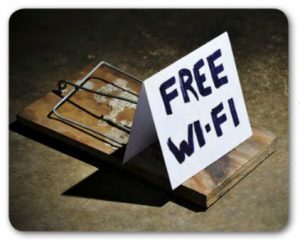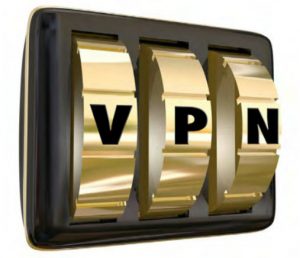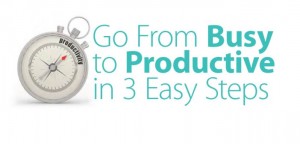 One of the greatest perks of life as a Barefoot Writer is the ability to work from anywhere.
One of the greatest perks of life as a Barefoot Writer is the ability to work from anywhere.
For example, you can write up your newest project at your favorite coffee shop… read an email from a client while waiting for a table at a great restaurant… or go to a local museum and take notes for inspiration on your latest article.
And while it’s an extreme perk that all these locations can be your office for the day, there is one big downside: They all use a free public Wi-Fi network.
Sure, free Wi-Fi is convenient, but it’s not secure. Even if you need a code from the owner to log into the network, it usually is not meant to secure your data. Instead, it’s meant to limit the location’s open internet connection to those who are paying customers.
So what can you do to make sure you keep a secure internet connection on public Wi-Fi?
Visit Sites Where You Don’t Need a Password
The simple approach is to watch where you go on the internet while connected to public Wi-Fi. If you only go to review sites, look at statistics, and read blogs, it doesn’t matter if you’re on an open Wi-Fi connection. These aren’t secure sites that require you to put in personal information.
However, if you need to send an email, check your bank balance, or log into a password-protected website, your password and personal information may be visible on an open network.
This is worth thinking about, because your information security and the privacy of any writing client’s details should be protected.
But don’t worry! There is an easy software solution you can use for identity security…
Your Own Private Section of the Internet
 A Virtual Private Network (VPN) creates a secret tunnel in the internet that encrypts all the data you are sending.
A Virtual Private Network (VPN) creates a secret tunnel in the internet that encrypts all the data you are sending.
Anyone trying to look at your data will know you’re on the internet, but they won’t be able to see your data. It’s like putting your computer under a blanket; other people may know it’s there, but they can’t see it.
There are several options to consider when it comes to a VPN, so be sure it’s the right one for your needs. Here are some questions to consider before purchasing:
- Is there a limit to how often or how much data you can use per day?
- Will you need the VPN for a few days or for a longer period of time?
- Will you regularly be using the VPN for financial transactions?
Best Places to Buy a VPN
Free VPNs exist, but many limit the amount of data you can process per day and have advertisements.
It’s better to compare VPNs from technology magazines, such as PCMag. These recommendations come from people who study software — and whose websites host links to VPN software downloads. Plus, they’re trustworthy; you know you’re downloading real software and not a virus when you use these sites.
A VPN costs between $150 to $250 a year. But you should consider this money well spent for both your financial security and your freedom to work where you please.
The bottom line is this: Don’t let open Wi-Fi networks stop you from enjoying the mobile freelancer’s life. Use a VPN to protect your data and maintain a secure internet connection — wherever in the world you choose.






